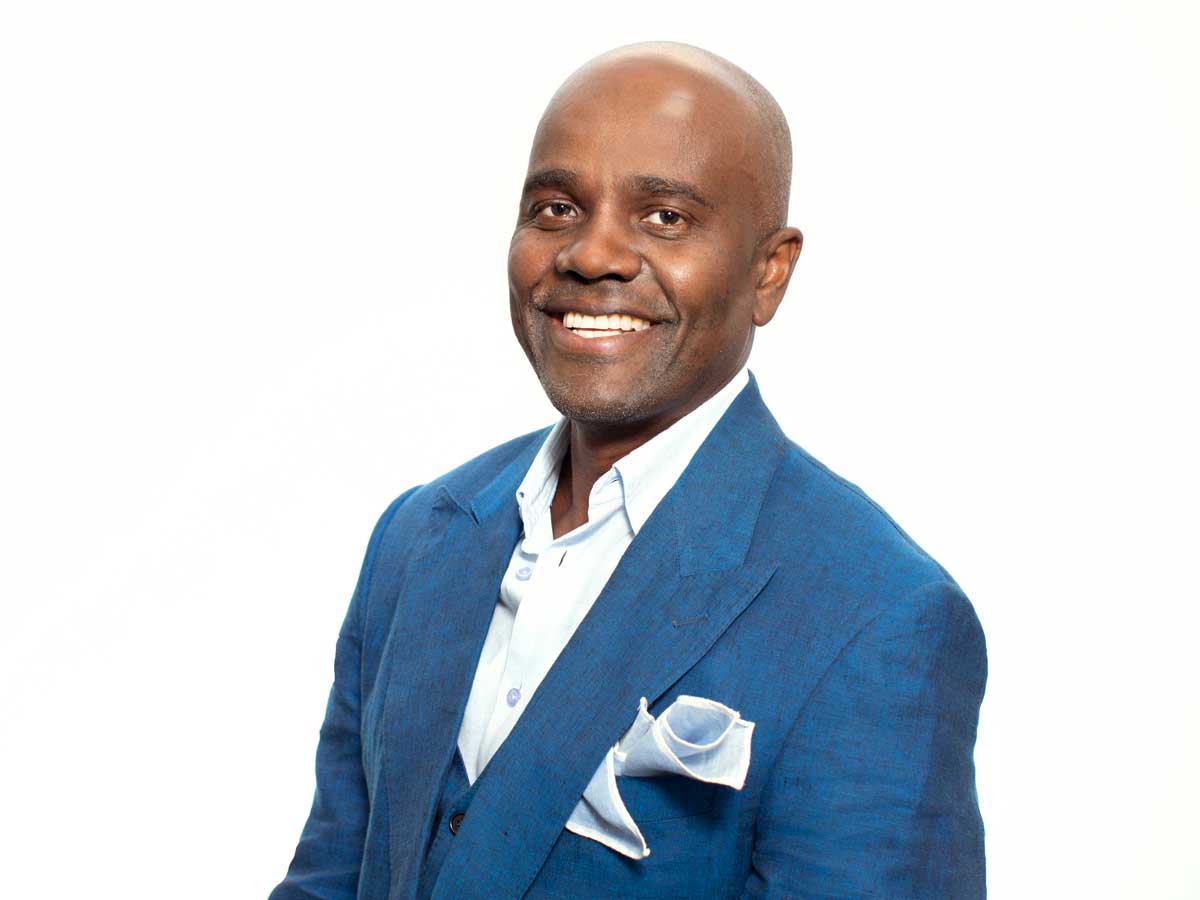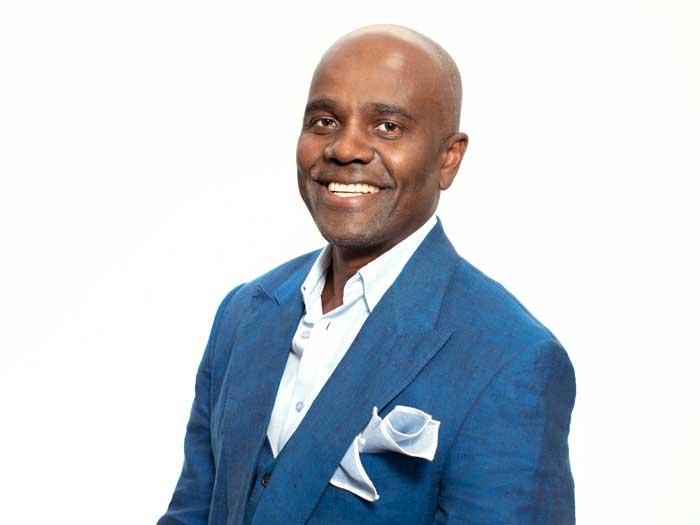
Ending systemic racism: ‘Now is the time,’ says Wes Hall
 Wes Hall thinks if underrepresented groups work together, we can end the problem of discrimination more quickly (Photo courtesy of Kingsdale Advisors)
Wes Hall thinks if underrepresented groups work together, we can end the problem of discrimination more quickly (Photo courtesy of Kingsdale Advisors)
Wes Hall is one of Canada’s most influential businesspeople. In addition to his role as CEO and founder of Kingsdale Advisors, he is also the founder and chair of the BlackNorth Initiative, which is committed to dismantling the systemic barriers that negatively affect the lives of Black Canadians.
In a 2020 interview for CPA Canada’s Pivot magazine, Hall recounted his journey from his humble beginnings in Jamaica to where he is today.
Here, Hall updates us on some of his recent initiatives and looks more generally at the progress being made toward ending systemic racism.
CPA CANADA: With the events of 2020, we saw a huge spike in popularity for organizations such as Black Lives Matter. And, since you founded the BlackNorth initiative in 2020, more than 500 organizations have signed a pledge to work toward removing anti-Black systemic barriers. Do you think this momentum will continue?
Wes Hall (WH): I think the Black community has had a moment in time about every 30 years. In the 1960s, we had the civil rights movement and Martin Luther King, who was killed in 1968.
We had another moment in 1991, when Rodney King was beaten.
Then in 2020, George Floyd was brutally murdered.
Each time we have had an awakening. But in the ’60s and ’90s, things eventually went back to normal.
- Feature: Wes Hall: ‘Racism is our pandemic’
- Q&A: CPA Rosie Yeung on how true equality can positively impact your morale
- Feature: ‘Connections with Black colleagues can have a far-reaching impact’
This time, we have realized that we cannot let the moment pass. We have to take control and build an organization or organizations specifically to deal with the issue of anti-Black systemic racism.
This is the time. And I think the movement is sustainable, namely because of all the different organizations that are now there to keep the issue front and centre.
CPA Canada: Apart from BlackNorth, Canada now has a number of associations and networks that support Black professionals and youth.
WH: There are a lot of organizations that have been doing great work. Unfortunately, they’ve been starved of capital. For every $100 spent on a traditional charity in Canada, only seven cents are spent on Black-related charities.
Hopefully, as time goes on those seven cents will increase, because people realize they are doing work that's helping our society and helping our businesses.
CPA Canada: Do you think we are generally on a more positive trajectory in terms of dismantling systemic racism in Canada?
WH: Yes, I do.
In the past, organizations did not ask people about their sexual orientation or ethnic origin. The thinking was that if you did, you would be discriminating against people. Well, that thinking is systemic in itself, because if you don’t know what’s going on, you don’t have to address it.
But our company believes in self-identification. We do not see it as a violation of privacy, but a celebration of one’s individuality.
That’s why we are now telling companies, “You need to collect race-based data.”
This is something they do in the US and the UK. We always give the US a hard time, but they are doing a lot of things we’re not doing. They can tell you how many Black businesses are turned down by the bank. Or how many Black entrepreneurs they have. Not in Canada.
- Feature: Negotiation tips for women and racialized groups
- Q&A: FCPA Rob Davis on how companies can be more inclusive
- Feature: Black CPAs share valuable advice for those early in their careers
In Canada, we don’t have data on how many Black patients are turned away from hospitals, or how many Black people died in surgery because of cultural misunderstandings. We don’t have that kind of data, but the US does.
CPA CANADA: What other initiatives have you been involved in lately?
WH: I was the first Black Canadian dragon to enter the den as an investor on Season 16 of CBC’s Dragon’s Den, which aired in the fall of 2021. And Season 17 is to start filming in May. As the first Black dragon, I’ve been able to make a conscious effort toward awarding opportunities to up-and-coming BIPOC entrepreneurs. So, I’m really looking forward to returning.
I also served as the executive producer for Dionne Warwick’s documentary, Don’t Make Me Over, which was first runner-up at the 2021 Toronto International Film Festival (I’m a long-time member of the board of directors). I’ve also got my very first biography coming out in October called ‘No Bootstraps When You’re Barefoot.’
CPA CANADA: What advice can you offer to other professionals from racialized groups?
WH: Every group has its challenges—for example, someone may suffer from discrimination because of their sexual orientation. The same applies if they are a woman or if they are Indigenous, Black, or from another racialized group. But, I think if these groups start working together and sharing best practices, we can solve our common problem—the problem of discrimination—much more quickly.
CPA Canada: Just as we hope the pandemic will eventually be behind us, do you think we will ever be at a point where systemic racism will be behind us?
WH: The pandemic may not be behind us, but now we have the vaccine. And, with systemic racism, we now have all the organizations that are working for change. Those are our vaccines.
Of course, neither COVID-19 nor systemic racism is going to disappear completely: with the pandemic, we’re seeing it start to become endemic, which simply means it is not going to be as potent as it was.
The same applies to systemic racism. Because of all the work that is now being done, racism will become endemic—it won’t be as destructive as it was.
Again, that doesn’t mean it will go away; we will still have issues with abuse and the fact that you might not get a job because of your colour. That’s why we have organizations like BlackNorth that will continue to fight for change.